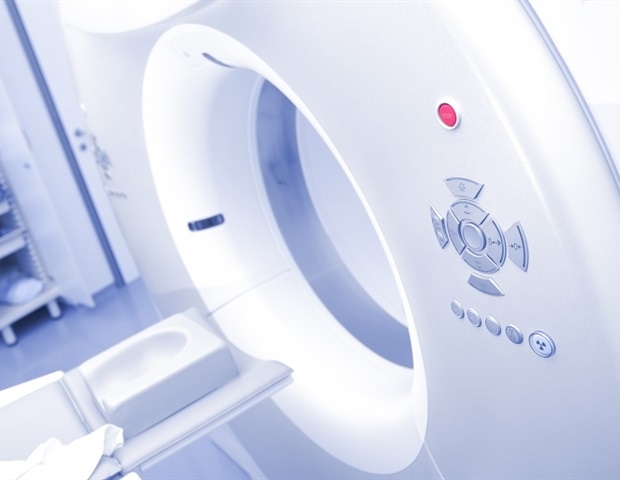
[ad_1]

In keeping with an approved manuscript revealed within the American Magazine of Roentgenology (AJR), sufferers discharged from the emergency division (ED) after CT with CTA by myself can have benefitted from an alternate or further MRI analysis, together with the usage of a specialised abbreviated protocol for the modality.
When compared with the ones sufferers discharged after CT with CTA best, “using MRI in choose sufferers presenting to the ED with dizziness was once related to larger frequency of important neuroimaging effects, larger use of echocardiography, and bigger frequency of a transformation in secondary stroke prevention medicines,” concluded first writer Lengthy H. Tu, MD, from the dep. of radiology and biomedical imaging at Yale College of Medication in New Haven, CT.
This AJR approved manuscript by way of Tu et al. integrated 1,917 sufferers (776 males and 1,141 ladies; imply age, 59.5 years) presenting to the ED with dizziness from January 1, 2018 to December 31, 2021. The preliminary propensity ranking matching research integrated demographic traits, clinical historical past, programs overview, bodily exam findings, in addition to scientific signs to build matched sufferers discharged from the ED after present process head CT with head and neck CTA by myself and sufferers who underwent mind MRI-;without or with CT and CTA. Upon evaluating the ones results, a secondary evaluation matched sufferers discharged after CT with CTA by myself and sufferers who underwent specialised abbreviated MRI (i.e., multiplanar high-resolution DWI with ≤3 mm slice thickness) for greater sensitivity for posterior circulate stroke.
In the end, sufferers with dizziness present process MRI, as opposed to CT with CTA by myself, confirmed larger frequency of trade in secondary stroke prevention medicine (9.6% vs. 3.2%) and next echocardiography (6.4% vs. 1.0%). Once more, as opposed to CT with CTA by myself, Tu and associates’ specialised abbreviated MRI protocol was once additionally related to decrease frequency of 90-day ED readmissions (12.0% vs. 28.0%).
“When to be had,” the authors of this AJR approved manuscript said, “use of MRI might encourage clinically impactful control adjustments in sufferers presenting with dizziness.”
[ad_2]